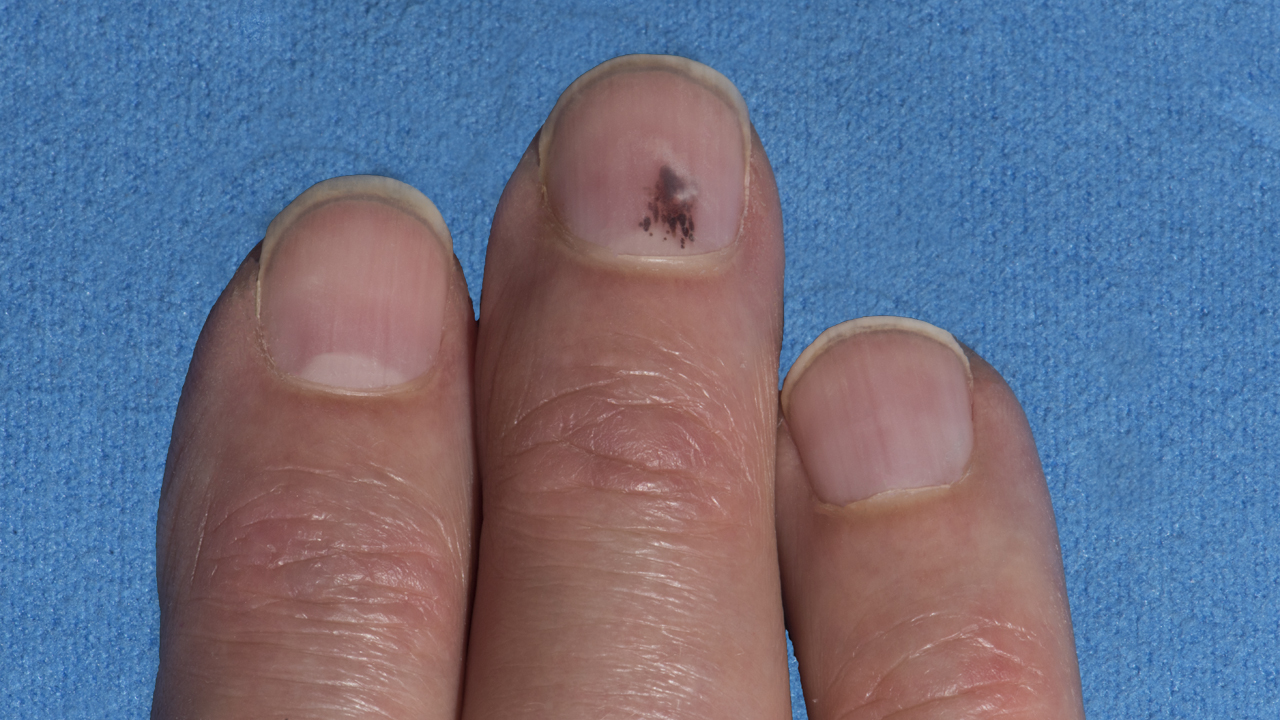Your vagina? Probably not. Your vulva? Unclear. Or at least this is the general message when you scour the "tanning bed and cancer of the private parts" literature. As we leap lustfully toward a season of warm starry nights, tasty colada blends, and sun bathing heaven, let us remember that sunscreen wasn't made for your private parts, and that they too are covered in skin.
Luckily for vulvas everywhere, bathing suits offer some protection. But if tanning beds or nude beaches are in the cards this summer, you might want to think twice about exposing your nether regions.
According to a recent case report in the Archives of Dermatology, doctors spotted a peculiar case of vulvar melanoma in a young woman who often frequented tanning parlors. The disease--melanoma of the outlying genital area--is extremely rare in younger women, thought to occur in as little as 0.26 per one million women in Poland, where the case was reported.
While the authors of this paper did not directly correlate the woman's UV exposure to her cancer, they brought to light the fact that no one really knows for sure the implications of tanning on your genitals. The detailed studies just haven't been done.
What has been done however, is a time and latitude-matched study exploring the relationship between vulvar/vaginal melanomas and cutaneous malignant melanomas (CMM) (read: melanoma everywhere else) among Caucasian women in parts of Europe, the United States, and Australia. In a very recent study in the Journal of Photochemistry and Photobiology, the results seemed to suggest that the higher the risk of CMM (i.e. in more southern, sunny regions), the lower the risk of vaginal and vulvar melanomas. The authors thus concluded that solar radiation is a carcinogen for every day melanoma but not for genital melanoma.
Even this, however, is not solid proof one way or the other. The overall message is that this topic is still in its infancy and that when you sunbathe "down there," you may or may not be taking a risk.
For example, some researchers believe that vulvar melanomas come from other indirect causes of DNA modulation besides UV radiation. One theory researchers are currently working on is that common UV radiation to the skin may actually protect against these other types of melanomas. Regardless of which side of the argument you agree with, most health care providers would recommend using a high SPF sunscreen with both UVB and UVA protection this summer to protect against all forms of skin cancer, not just melanoma.






Add a CommentComments
There are no comments yet. Be the first one and get the conversation started!